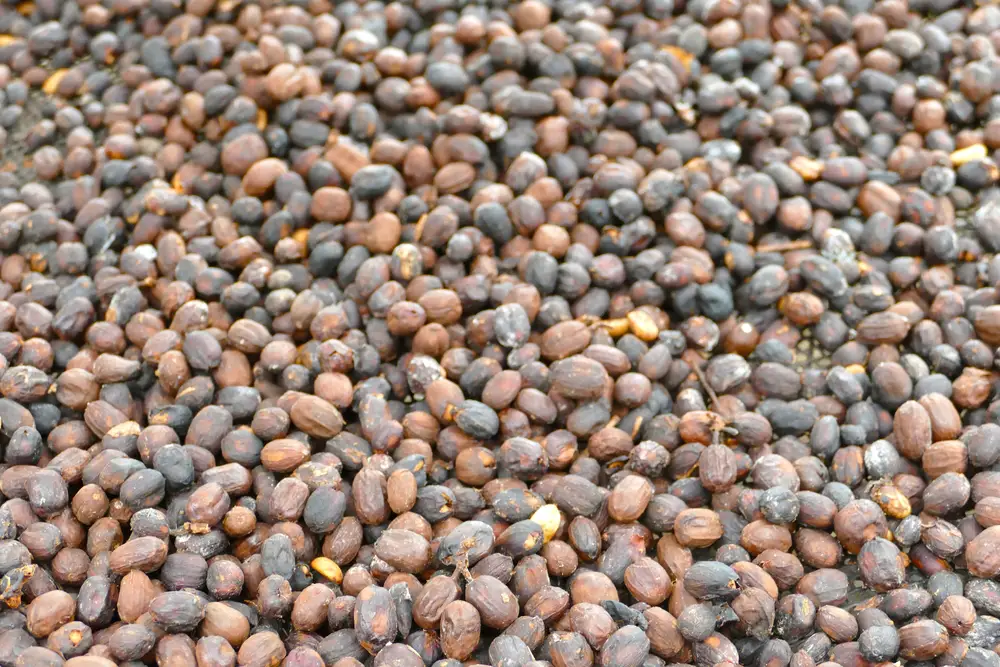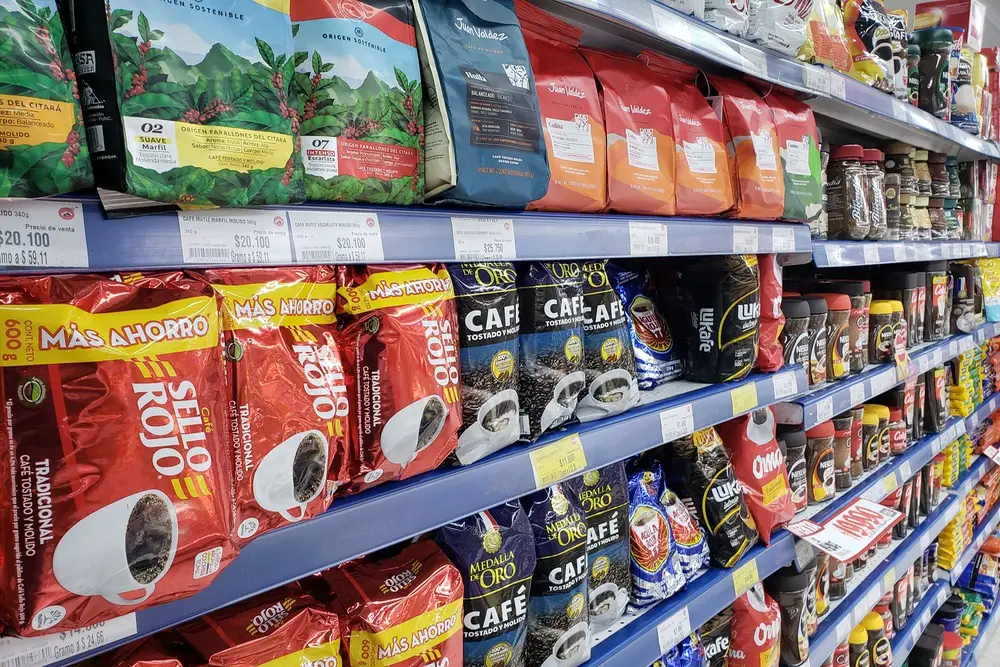The Middle East has long been a market that primarily consumed various types of tea. However, a few decades ago, some governments in the United Arab Emirates began promoting coffee consumption with western franchisees.
Table of Contents
Emerging coffee market in the Middle East
In the Middle East, coffee has long been roasted at home to complement the preparation of what is known as Arabic coffee. However, over the years, some immigrant coffee lovers moved to many of these eastern countries. Thanks to the absence of traditional coffee, the immigrants created new market trends that saw a growing demand for Latin American and African coffee beans.
As a result of these developments, the Middle East has attempted to overcome some important ideological barriers over the past decade, and coffee has played an integral part in this.
The population of the Middle East has experienced a very sharp increase in coffee consumption, which according to the ICO (International Coffee Organization) led to an increase in coffee consumption, especially between 2008 and 2018.
- In Saudi Arabia, coffee imports increased by 42.8%.
- In Turkey, coffee imports increased by 192.8%.
- In the United Arab Emirates, coffee imports increased by 249%.
Thanks to increased interest in coffee in the Middle East over the past decade, many Western companies saw an opportunity to do business there.
What influence does Western culture have on the Middle East?
With the increase in coffee imports to the east, some western countries saw an excellent market opportunity. Some famous franchises came to these countries with preparations that were very popular in the West, such as latte or frappé. Along with the preparations, they brought with them many customs that were well received by the locals.
Thanks to the new coffee culture in various Middle Eastern countries, some governments have considered relaxing measures that prohibit men and women from sharing rooms in public places.
Coffee trading company in the Middle East
Thanks to the growing demand for coffee in the Middle East, many locals interested in this culture have developed business ventures, the main protagonists of which are specialized coffee roasters or coffee shops.
Young people from the region in particular have developed a great fondness for coffee specialties from countries such as Brazil, Colombia and Ethiopia.
Coffee specialties are popular in the Middle East
Brazilian coffee has become one of the most popular types of coffee in coffee shops. There are usually two varieties: Brazilian or Ethiopian coffee.
According to government agencies between 2018 and 2019:
- In Lebanon, Brazilian coffee imports increased by 24.5%.
- In the United Arab Emirates, Brazilian coffee imports increased by 21.8%.
This new trend comes as locals are willing to try new flavors to tantalize their taste buds.
Colombian representative in the Middle East
Colombian coffee is very popular around the world and to encourage its consumption, the Juan Valdez brand opened branches in:
- Doha, Qatar
- Kuwait
- Istanbul, Turkey
With this expansion, Juan Valdez wants to further position Colombian coffee of the highest quality internationally.
The role of the United Arab Emirates in increasing coffee consumption
One of the main factors behind the increase in coffee consumption in the Middle East was the decisions of the UAE governments to take an interest in the world-renowned coffee chains in the early 2000s.
This interest led to local governments facilitating the arrival of brands like Dunkin Donuts, Starbucks and others in the different countries. As soon as they arrived in the Middle East, these coffee shops had the support of the governments through the advertising they offered, which made the coffee shops a huge success in the Middle East.
The taste for the preparations of these franchises reached young people who became the main consumers of these coffee shops, thus developing new habits of coffee consumption.
Over the years, coffee shops decided to experiment with many more flavors, resulting in many different types of coffee being imported.
The future of coffee in the Middle East
According to some economists, the future of coffee in the Middle East is bright as it is a market with exponential growth. It is expected that new professions and jobs related to the world of coffee will emerge, such as B. Baristas, roasters and others.
Growing imports
Most Middle Eastern countries import almost all coffee. The geographical and climatic conditions do not allow the cultivation of food.
According to economic studies conducted for the Middle East coffee market, the annual growth rate is estimated at 7.5% during the period 2020-2025.
Growing demand for coffee experts
It can be expected that many coffee experts will be sought in the coming years. Be it baristas, roasters or other professions related to coffee.



